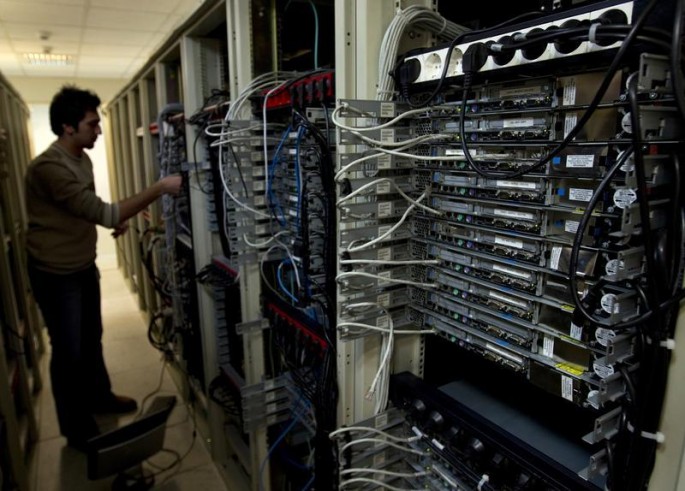A recently published United Nations report on global Internet access reveal that more than four billion people around the world still do not have regular Internet connection.
The UN report shows that 57 percent of the world remains unconnected to the Internet. The report added that only about 35 percent of the world have access to the Internet.
The UN Broadband Commission previously set a goal of 50 percent Internet user penetration in developing countries before the year 2020. Experts claim that with the recent statistical report, the commission will most likely fail to hit its target.
According to PC Mag, the Broadband Commission report shows that 3.2 billion people will be able to access the Internet by the end of 2015. This figure represents 43.4 percent of the entire population of the world. The goal is also higher compared to the one established in 2014 which only sits at around 2.9 billion people.
The Republic of Korea ranks number one when it comes to percentage of households that has access to the Internet with 98.5 percent. Qatar closely follows on the number two spot with 98 of its households having access to the web. Saudi Arabia is in third spot with 94 percent.
According to The Atlantic, of the 7,1000 languages in the world, only five percent are represented in the Internet. Additionally, ninety percent of the 48 poorest countries are still not connected to the Internet.
The UN report reads, "Countries need to adopt effective policies and strategies to make broadband available, affordable, and accessible, as a vital enabler of sustainable development in modern-day knowledge societies."
Prior to the release of the UN Broadband Commission report, the International Telecommunications Union also released a similar report in May.
Tech giants such as Google and Facebook are also pushing the boundaries of web connectivity by launching projects such as Project Loon and Internet.org.



























